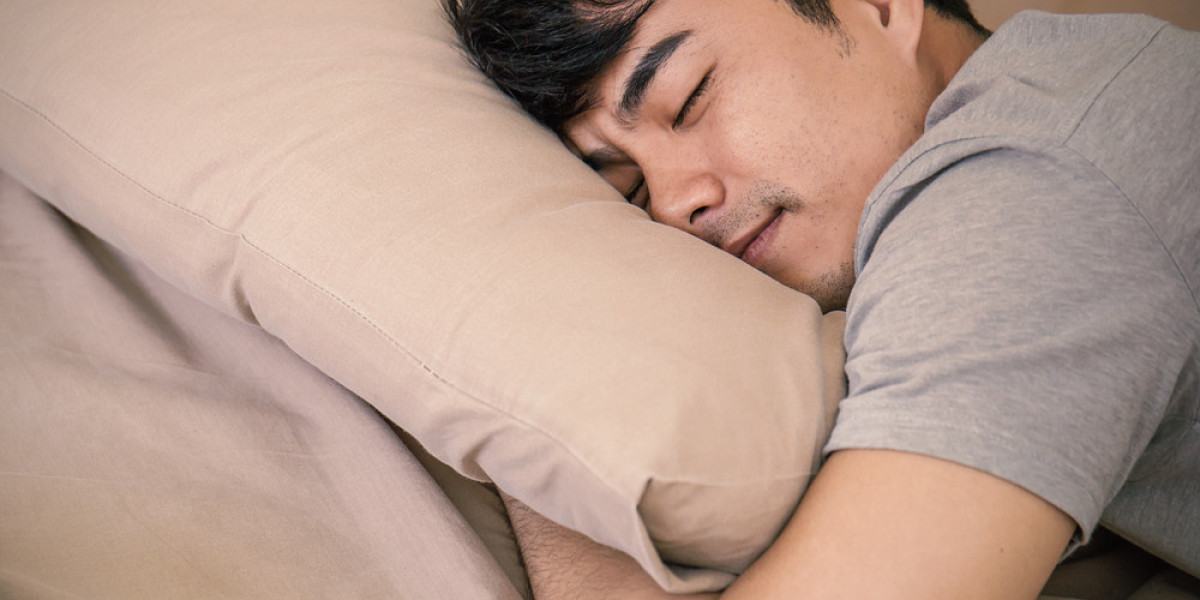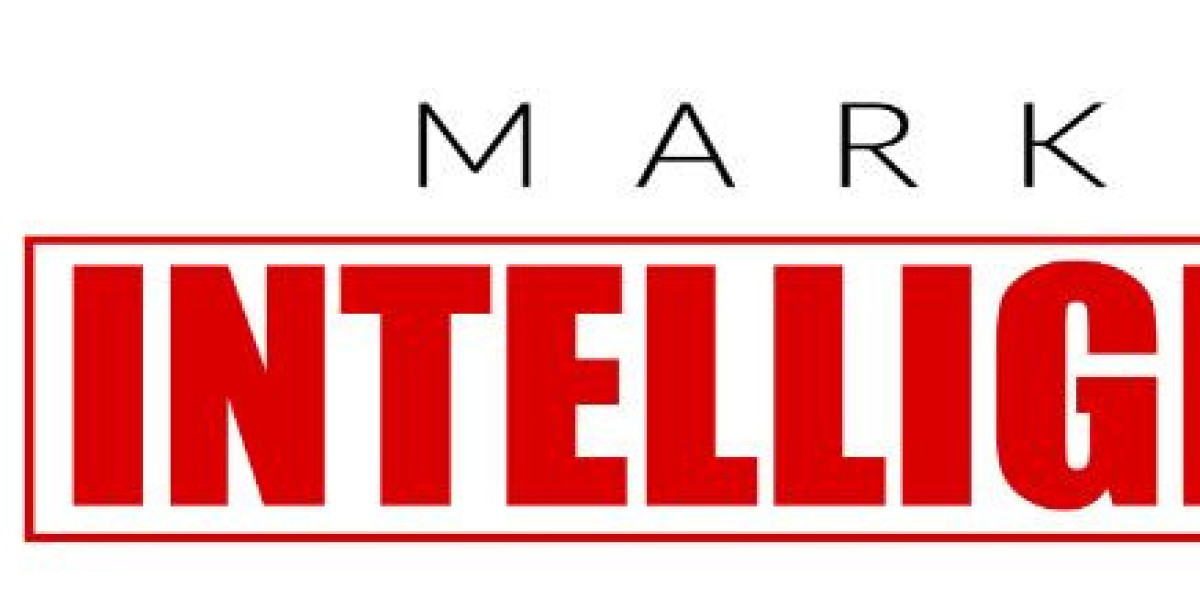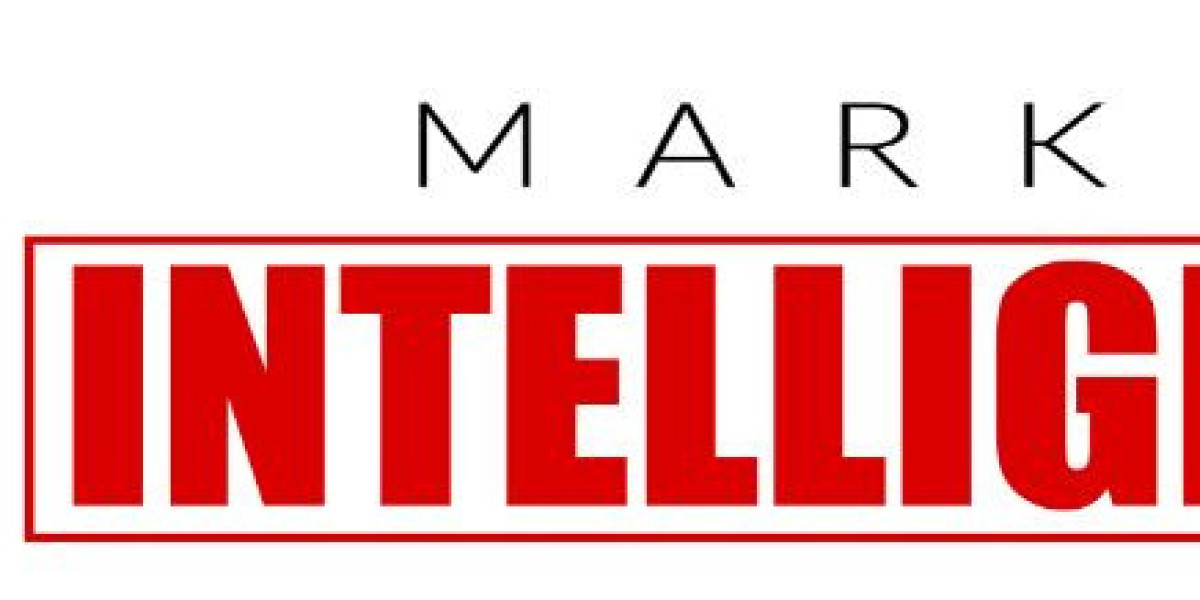You might have heard about excessive daytime sleepiness. Yes, that is hypersomnia. You can think of it as a condition opposite to insomnia. It happens when people experience prolonged periods of sleep. It disrupts daily functioning and can cause hurdles in a person's physical, mental, and emotional well-being. For many with hypersomnia, feeling persistently tired is not due to inadequate sleep alone; instead, it’s a neurological issue that can require medical intervention.
So, let's understand this condition and how to treat it in this guide.
What is Hypersomnia?
Hypersomnia includes a range of diseases that characterize excessive sleepiness. It may include primary hypersomnia, which is independent of any condition, and secondary hypersomnia, which is the result of certain underlying factors like sleep disorders (e.g., sleep apnea), mental health issues, or even medical conditions like Parkinson's disease. Symptoms typically include feeling overwhelmingly tired throughout the day, even after a full night’s sleep, difficulty waking up, and frequent long naps that don’t alleviate sleepiness.
Genetics, neurological disorders, and lifestyle choices are some of the reasons for hypersomnia. Treatment may be difficult if the underlying reason is not always known. However, since lifestyle modifications alone aren't always enough to treat severe cases of hypersomnia, drugs are frequently necessary.
Why Medication is Used for Hypersomnia
Sleep disorders like hypersomnia may be treated with certain diet and lifestyle changes, however, for some individuals, this might help to some extent. For some individuals, these changes are not enough and require a medication line. Medication becomes necessary when hypersomnia symptoms interfere with daily life to a significant degree, affecting job performance, social life, and mental health. By targeting the brain’s wakefulness mechanisms, medications help to increase alertness, allowing patients to manage their daily activities with less fatigue.
When symptoms of hypersomnia do not improve with non-pharmacological treatments, doctors usually think about prescribing medication. Although there is no cure for hypersomnia, medications can significantly enhance a person's quality of life by effectively managing symptoms.
Symptoms and Causes
Some signs and symptoms include:
- Persistent, frequent bouts of excessive daytime drowsiness.
- Sleeping for longer than usual (10 hours or more), but still feeling extremely drowsy and finding it hard to stay up during the day.
- Inability to get up in the morning ("sleep drunkenness") or after naps during the day, occasionally displaying agitation or confusion.
- Napping during the day does not increase attentiveness. They are not restorative or revitalizing.
- Agitation and anxiety.
- Less vitality.
- Agitation.
- Slow speech, slow thinking, difficulty concentrating, and memory issues.
- A headache.
- Appetite loss.
- Delusions.
Causes of Hypersomnia
Most cases of hypersomnia have no known cause. The possible functions of neurotransmitters such as hypocretin/orexin, dopamine, histamine, serotonin, and gamma-aminobutyric acid (GABA) in the brain and cerebrospinal fluid have been examined by researchers. Up to 39% of individuals with idiopathic hypersomnia have a family history, suggesting a potential hereditary component. The role of specific genes in circadian rhythm that might differ in individuals with idiopathic hypersomnia is another area of research.
Diagnosis and Tests
Diagnosis requires a detailed analysis spanning multiple questions like asking about your symptoms, sleep history, and what medications you are taking. The physician may recommend sleep tracking and observing wake patterns. Additionally, there are multiple other tests that your physician may order like:
Polysomnography:
Your brain waves, breathing patterns, heart rhythms, and muscle movements throughout various stages of sleep are all measured by this overnight sleep study exam. Under the close supervision of a qualified sleep specialist, the test is conducted in a hospital, sleep study center, or other approved location. This test aids in the diagnosis of conditions thought to contribute to drowsiness.
Multiple sleep latency test:
Five 20-minute naps spaced two hours apart are used in this daily sleep test to gauge a person's propensity to nod off. Brain activity, including the quantity of naps that include REM sleep, is recorded during the test.
Sleep questionnaire:
Your physician may ask you to fill out a sleep questionnaire, that includes multiple questions like rating your sleepiness. Epworth Sleepiness Scale and Stanford Sleepiness Scale are the most popular questionnaire your physician may recommend.
Common Medications for Hypersomnia
Several classes of medication are commonly prescribed to manage hypersomnia symptoms. Each type works differently, and the choice of medication depends on the individual’s specific symptoms, lifestyle, and other health factors.
Stimulants
Stimulant medications, such as modafinil and methylphenidate, are among the most widely used drugs for hypersomnia. Modafinil, often a first-line treatment, is known to promote wakefulness without causing the jitteriness associated with traditional stimulants. Methylphenidate, which is also used for attention deficit hyperactivity disorder (ADHD), enhances dopamine levels in the brain, improving focus and reducing fatigue.
Stimulants are usually effective but can come with side effects, including anxiety, increased heart rate, and insomnia. Physicians often start with a low dose and adjust as needed to minimize these side effects.
Non-Stimulant Wake-Promoting Agents
Armodafinil, a close relative of modafinil, and solriamfetol are non-stimulant options that help promote wakefulness. These medications generally have a lower risk of dependency and provide a less intense effect than traditional stimulants. Solriamfetol, for instance, works by inhibiting dopamine and norepinephrine reuptake, which helps increase alertness in people with hypersomnia or narcolepsy.
Non-stimulant wake-promoting agents are preferred for individuals who may be sensitive to traditional stimulants or those with a history of stimulant abuse.
Antidepressants and Other Off-Label Medications
In cases where hypersomnia is linked to depression or other mood disorders, certain antidepressants can be used to help manage symptoms. Medications like bupropion, which enhances dopamine and norepinephrine activity, can aid in reducing fatigue. Additionally, some tricyclic antidepressants are prescribed off-label for their sedative effects, which may be beneficial for patients with irregular sleep cycles or poor sleep quality.
These medications are typically considered when other treatments have not been fully effective or if the patient has co-occurring mental health conditions that also require attention.
Potential Side Effects and Risks of Medications
Medications prove to be an effective method of managing hypersomnia. However, there might be potential side effects standing parallel to it:
- Nausea
- Headaches
- Dizziness
- Anxiety or irritability
- Increased heart rate and blood pressure (especially with stimulants)
Read Also: How Does Hypersomnia Affect Mental Health?
Conclusion
To conclude, drugs are crucial in the treatment of hypersomnia, particularly for those whose symptoms significantly interfere with day-to-day functioning. Lifestyle changes can be beneficial, but medication provides a quicker fix for severe drowsiness. Healthcare professionals can assist patients in finding the best drug to reduce side effects and increase alertness with careful selection, monitoring, and modifications.
Your professional may recommend a specific home sleep apnea test to know the disturbances in sleep patterns and recommend treatment accordingly.







